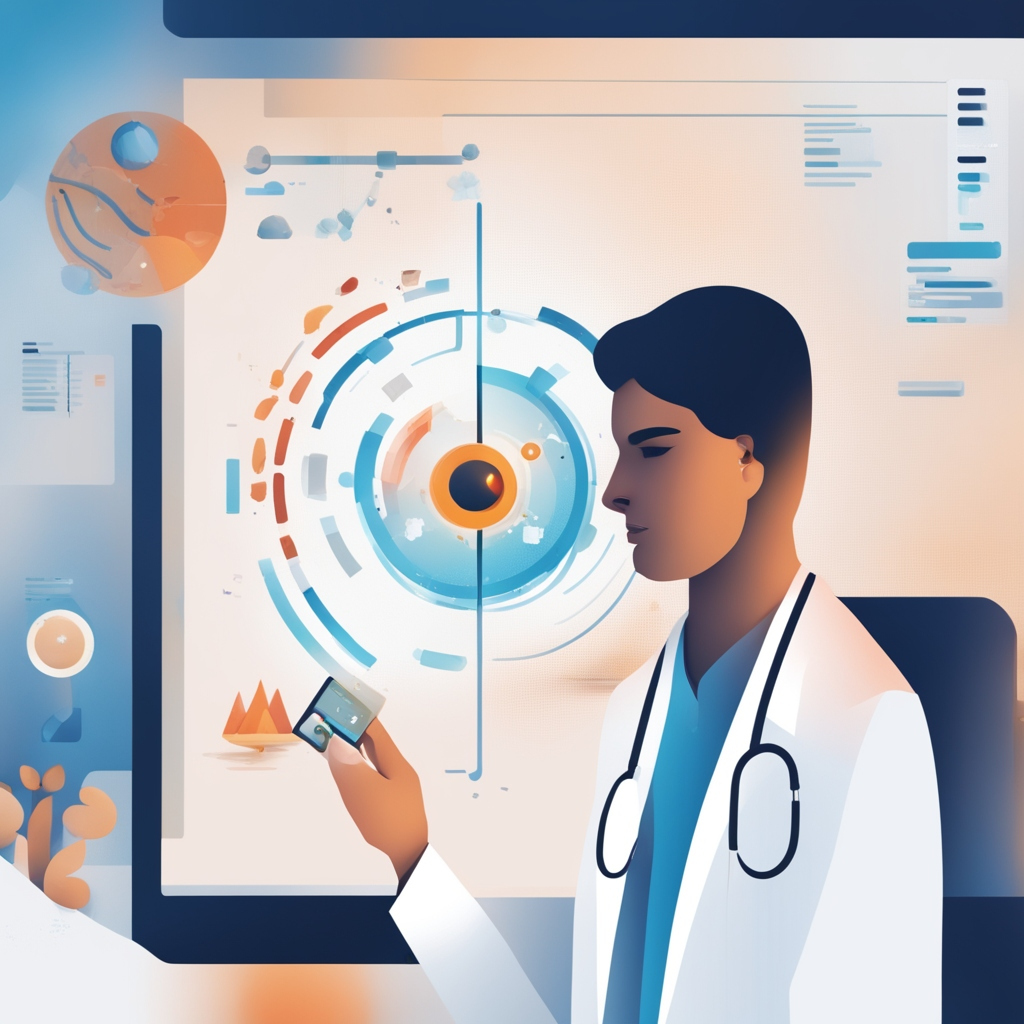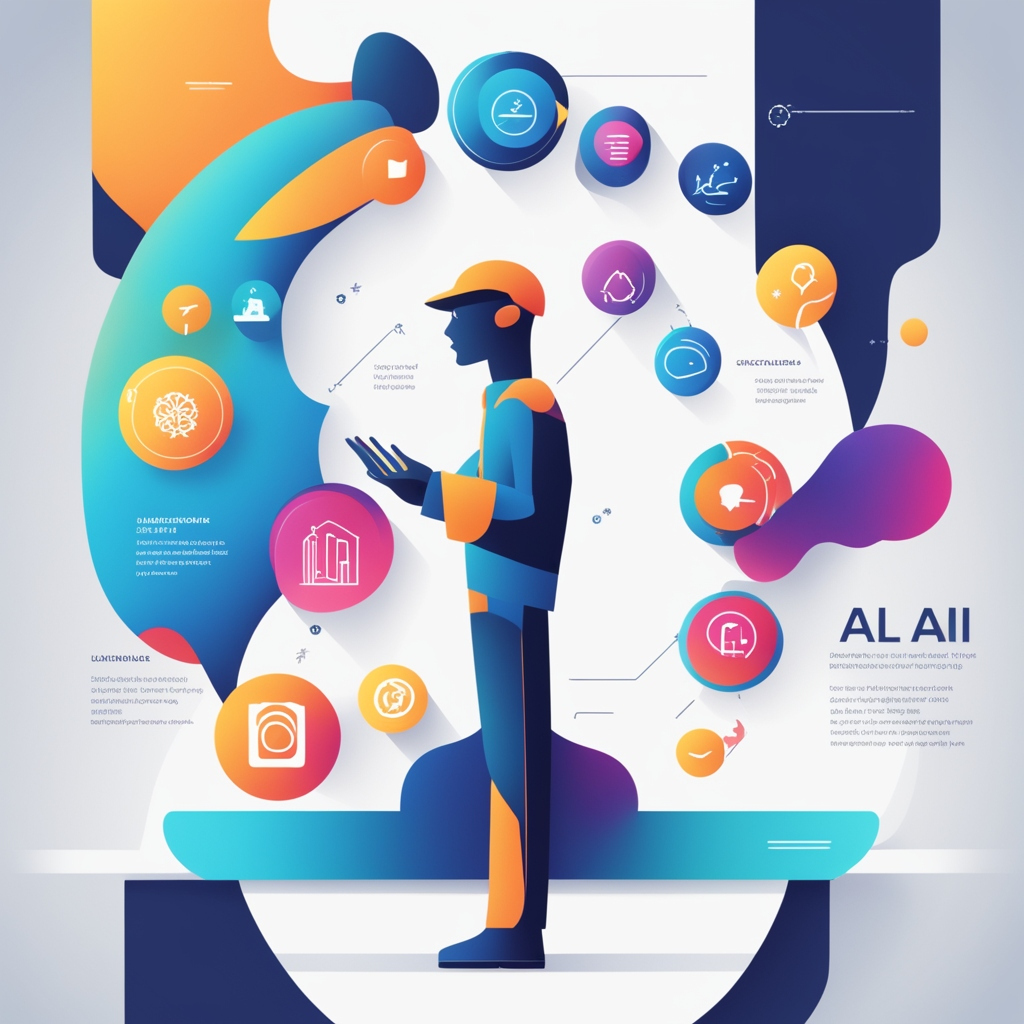In the rapidly evolving landscape of healthcare, technological advancements are reshaping the way we approach diagnosis, treatment, and patient care. Among these innovations, Machine Learning (ML) algorithms are playing a pivotal role in revolutionizing personalized healthcare. In this comprehensive blog post, we delve into how ML algorithms are transforming the healthcare industry, particularly in the realm of personalized diagnosis and treatment.
Understanding Personalized Healthcare
Personalized healthcare, also known as precision medicine. Involves tailoring medical treatment and interventions to individual characteristics. Such as genetic makeup, lifestyle factors, and disease risk profiles. By leveraging advanced technologies like ML algorithms, healthcare providers can analyze vast amounts of data to gain insights into patient-specific needs and deliver targeted interventions for improved health outcomes.
The Impact of ML Algorithms in Healthcare
- Early Disease Detection: ML algorithms can analyze patient data. Including medical history, genetic markers, and diagnostic test results, to identify early signs of diseases such as cancer, cardiovascular disorders, and neurological conditions. Early detection enables timely intervention and improves the chances of successful treatment.
- Personalized Diagnosis: ML algorithms can analyze complex medical imaging data. Such as MRI scans, X-rays, and histopathology slides, to assist healthcare professionals in making accurate and personalized diagnoses. By identifying subtle patterns and anomalies in medical images, ML algorithms augment diagnostic accuracy and facilitate tailored treatment plans.
- Treatment Optimization: ML algorithms can analyze patient-specific data, including genetic profiles, demographic information, and treatment response metrics, to optimize treatment plans and medication regimens. By predicting individual responses to different therapies, ML algorithms enable healthcare providers to tailor treatment strategies for maximum efficacy and minimal adverse effects.
- Predictive Analytics: ML algorithms can analyze longitudinal patient data to predict disease progression, recurrence risk, and patient outcomes. By identifying high-risk individuals and proactive interventions, ML algorithms empower healthcare providers to mitigate disease complications and improve patient outcomes over time.
Real-world Applications of ML in Personalized Healthcare
- Cancer Treatment: ML algorithms are used to analyze tumor genetics, biomarkers, and treatment response data to personalize cancer treatment regimens, including chemotherapy, immunotherapy, and targeted therapies.
- Cardiovascular Health: ML algorithms analyze patient data, including blood pressure readings, ECG traces, and lifestyle factors, to assess cardiovascular risk profiles and recommend. Personalized interventions for heart disease prevention and management.
- Neurological Disorders: ML algorithms analyze neuroimaging data, genetic markers. And cognitive assessments to assist in the diagnosis and management of neurological disorders. Such as Alzheimer’s disease, Parkinson’s disease, and multiple sclerosis.
- Chronic Disease Management: ML algorithms analyze patient-generated health data, including wearable device metrics, medication adherence records, and symptom logs, to facilitate. Personalized management strategies for chronic conditions such as diabetes, asthma, and hypertension.
Challenges and Considerations
- Data Privacy and Security: Personalized healthcare relies on access to sensitive patient data, raising concerns about privacy, security, and regulatory compliance. Healthcare providers must implement robust data protection measures to safeguard patient confidentiality and comply with legal and ethical standards.
- Algorithm Bias and Interpretability: ML algorithms may exhibit biases or limitations in certain patient populations, leading to disparities in healthcare outcomes. Healthcare providers must carefully evaluate algorithm performance and interpretability to ensure fair and equitable treatment for all patients.
- Integration and Adoption: Integrating ML algorithms into clinical workflows and healthcare systems requires collaboration between clinicians, data scientists, and IT professionals. Healthcare organizations must invest in infrastructure, training, and stakeholder engagement to successfully implement and adopt ML-based solutions.
Future Directions
As technology continues to advance and our understanding of human biology expands. The potential for ML algorithms to revolutionize personalized healthcare is limitless. Future research efforts will focus on refining algorithms, integrating multi-omics data, and harnessing emerging technologies. Such as federated learning and explainable AI to further enhance the precision, scalability, and accessibility of personalized healthcare solutions.
Conclusion
In conclusion, ML algorithms are poised to transform personalized healthcare by enabling early disease detection. Personalized diagnosis, treatment optimization, and predictive analytics. By harnessing the power of data-driven insights. Healthcare providers can deliver tailored interventions that improve patient outcomes, enhance quality of life, and advance the practice of medicine.
As we continue to embrace innovation and collaboration in healthcare. ML algorithms will undoubtedly play a central role in shaping the future of personalized medicine, driving progress towards a healthier, more equitable, and more personalized healthcare system for all.




